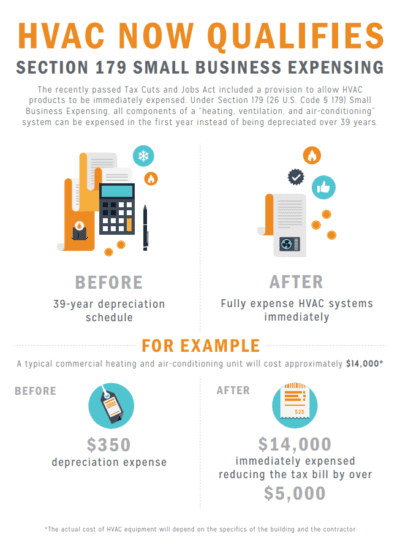Discover The Essential Methods To Improve The Efficiency And Lifespan Of Your Heat Pump System By Staying Clear Of Regular Installment Mistakes
Discover The Essential Methods To Improve The Efficiency And Lifespan Of Your Heat Pump System By Staying Clear Of Regular Installment Mistakes
Blog Article
Content By-McDougall Sparks
When setting up a heat pump, you must avoid common blunders that can endanger its efficiency. Neglecting https://www.abc4.com/gtu/gtu-sponsor/female-owned-heating-and-air-conditioning-company-wants-to-save-you-money/ might result in inefficiencies and greater energy expenses. Ignoring insulation and sealing could cause power wastage and pressure on the system. Furthermore, positioning the exterior system inaccurately might impact its efficiency. By staying dc air conditioning units of these errors, you can ensure optimum working and resilience of your heat pump system.
Improper Sizing of Heatpump
When it concerns the setup of heat pumps, one of the most common mistakes is incorrectly sizing the system for your room. Making certain the ideal size is essential for optimum performance. If the heatpump is also tiny, it will certainly battle to warmth or cool your area efficiently, leading to increased power costs and potential damage on the unit.
On the other hand, if the heatpump is too big, it will cycle on and off regularly, creating temperature fluctuations and reducing its life expectancy.
To avoid this mistake, it's vital to have a specialist assess your room and recommend the ideal dimension of the heatpump based upon factors like square video, insulation, ceiling height, and local environment. By spending home ventilation systems and effort to ensure the correct sizing, you can enjoy a comfy environment while taking full advantage of power efficiency and prolonging the lifespan of your heat pump.
Inadequate Insulation and Sealing
To guarantee the effective operation of your heatpump, it's essential to address poor insulation and sealing in your room. which is the best heat pump in nz helps keep a consistent temperature level inside, lowering the work on your heat pump. Inadequate insulation can cause energy loss, making your heat pump job harder and much less successfully.
Sealing any type of voids or leakages in your room is similarly vital. These voids enable conditioned air to get away and outdoor air to leak in, forcing your heat pump to make up for the temperature fluctuations.
Wrong Positioning of Outdoor Device
Dealing with the placement of your heat pump's exterior device is key to optimizing its efficiency. Setting up the exterior system in an incorrect place can cause effectiveness concerns and possible damage to the device.
One usual blunder to avoid is putting the exterior unit as well near to a wall surface or various other structures. This can restrict airflow, triggering the device to function harder to warmth or cool your room, ultimately lowering its effectiveness and life-span.
An additional error to avoid is putting the exterior device in straight sunlight. While some sunshine is inevitable, too much direct exposure can bring about overheating, especially during hot summer days. It's finest to position the outdoor device in a shaded location to aid keep its ideal operating temperature.
Additionally, make certain that the outdoor system is put on a stable and level surface. Uneven ground can trigger vibrations and unnecessary stress on the unit, influencing its efficiency in time.
Conclusion
In conclusion, avoiding usual mistakes during heat pump setup is vital for maximizing performance and long life of your system. By guaranteeing correct sizing, adequate insulation, sealing, and right positioning of the outdoor unit, you can avoid problems such as inefficiencies, raised energy expenses, and stress on the device. Putting in the time to address these essential aspects will eventually conserve you time and money over time.
